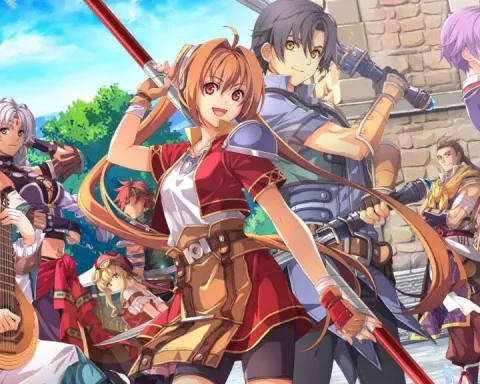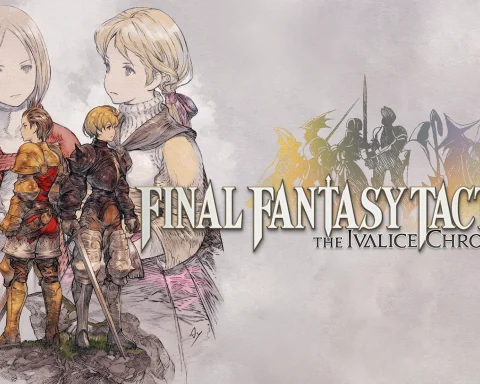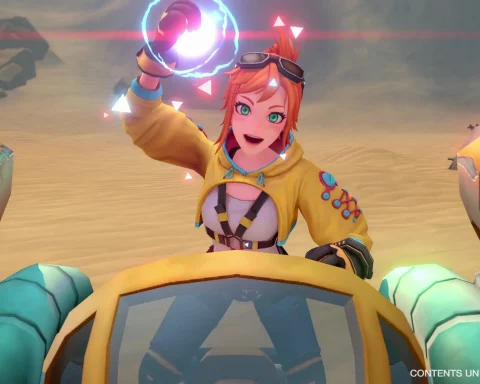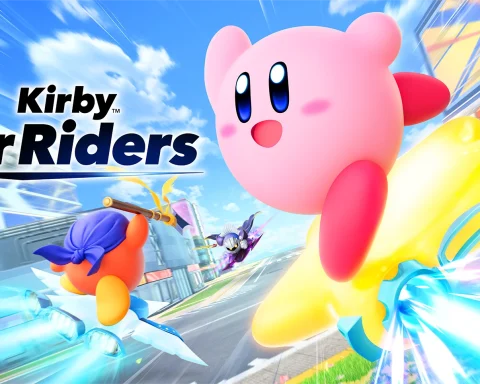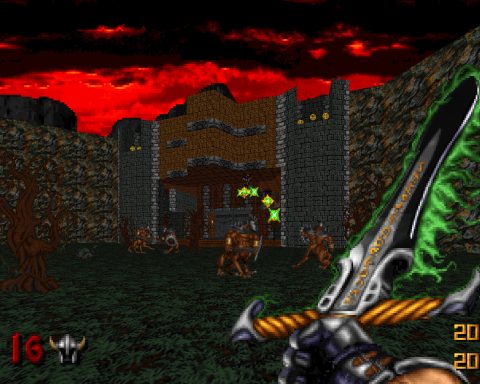 I got up at 3am, Australia time, to watch the Microsoft new Xbox reveal. This new console, Xbox One, managed to fulfil every single one of my predictions about the console, and that means it doesn’t paint a pretty picture for Microsoft’s understanding of gaming.
I got up at 3am, Australia time, to watch the Microsoft new Xbox reveal. This new console, Xbox One, managed to fulfil every single one of my predictions about the console, and that means it doesn’t paint a pretty picture for Microsoft’s understanding of gaming.
To narrow it down to a single phrase: 30 minutes into the reveal and we still hadn’t seen a single minute of gameplay footage. By the end of the 60-minute show we had seen about five minutes of games. Microsoft has spent so long describing the Xbox One’s interface, its improvements to Kinect (which sound good, but Kinect isn’t at its best as a gaming device) and its ability to play TV that my Twitter feed was awash with angry Australian gamers tempted to go back to bed.


